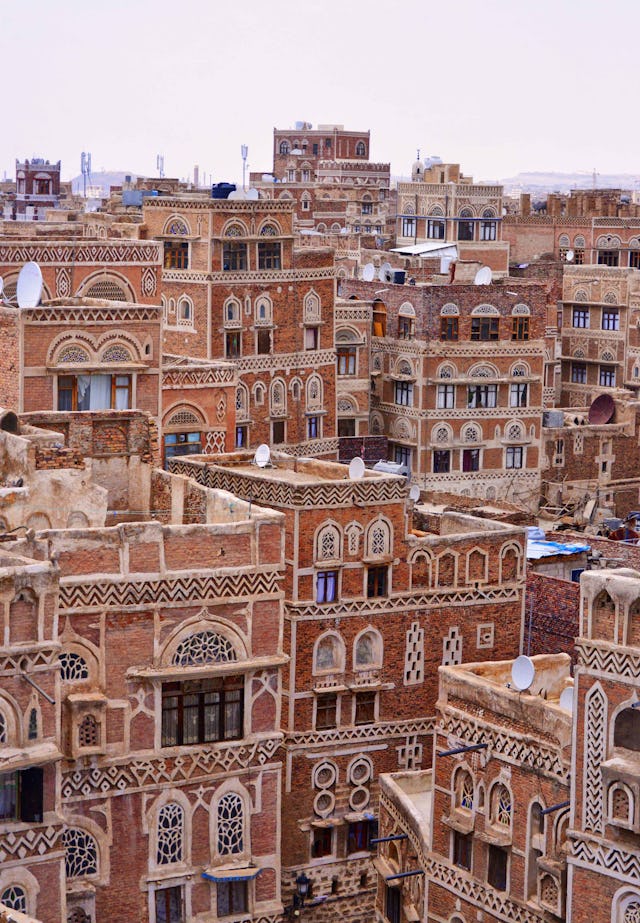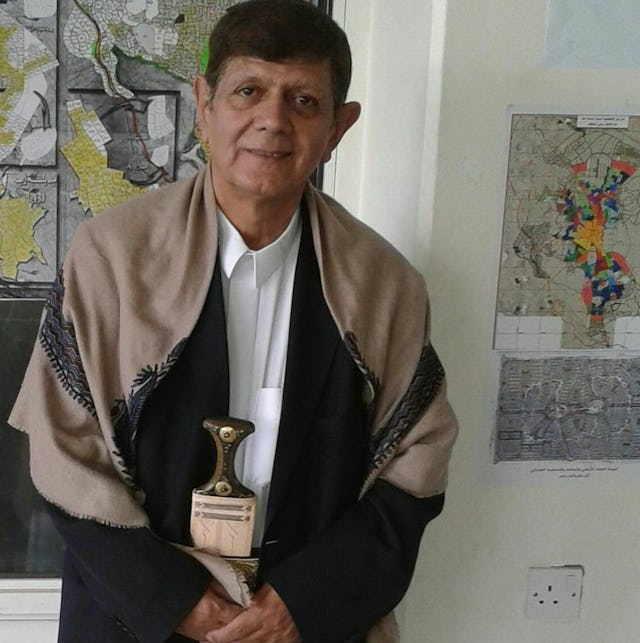Ominous wave of Yemen arrests raises alarm
BIC NEW YORK, United States — Orders for the arrest of at least 25 Baha'is have been issued by certain authorities in Sana'a who are harassing the Yemeni Baha'is and pressuring them to recant their faith.
The baseless and nonsensical accusations levelled against the Baha'is include showing kindness and displaying rectitude of conduct in order to attract people to their Faith. These accusations bear a striking resemblance to those encountered by the Baha'is in Iran, and in fact, reports indicate the influence of Iranian authorities behind incidents transpiring in Yemen.
Recent events constitute disturbing developments in a series of assaults heaped upon the Yemeni Baha'i community. These include the 2013 arrest and ongoing court case of Mr. Hamed bin Haydara, as well as the mass arrest of over 60 participants, half of whom were Baha'is, at an educational gathering in 2016. Mr. Kaiwan Qaderi, who was among those arrested, has been in prison for over eight months. Also, just weeks ago, an employee of the Red Cross who is a Baha'i was arrested on 5 April in Sana'a simply because of his faith.
"We call upon the international community to unitedly denounce these alarming and ominous actions undertaken by specific authorities in Yemen, including the National Security and the Prosecutor's Office and demand that they stop this recent wave of arrests and release the Baha'is in prison, who are in grave danger," said Bani Dugal, principal representative of the Baha'i International Community to the United Nations.
"Let us not," was her strong plea, "stand by and allow a case of tyranny and injustice against a religious community to unfold."
Immediately preceding the call for their arrest, on Monday 17 April, dozens of Baha'is received telephone calls between 10:30 p.m. and midnight and were told that they should appear in court the following morning. Aware of recent efforts to persecute the Baha'is and given that no official court order had been presented to them, the Baha'is agreed to send several lawyers in their stead.
However, one Baha'i, Mr. Badi'u'llah Sana'i, a prominent civil engineer in Yemen followed the advice given to him at his workplace and appeared at court on 18 April. He was immediately arrested, confirming the suspicion that the request for Baha'is to appear at court was a ploy for their arrest.
On 19 April, two additional Baha'is, including Mr. Walid Ayyash, a member of a prominent Yemeni tribe, were arrested by authorities as they were driving from the city of Ibb on route to Hudaydah. Their whereabouts are presently unknown and concerns are mounting as to their safety.
Many Baha'i families in Sana'a had to leave their homes in order to avoid being unjustly detained, including Mr. Haydara's wife, who has been fighting for his release for over three years while caring for their three daughters and is now herself on the list of those to be arrested.
During a turbulent period of civil conflict in Yemen in recent years, the members of the Baha'i community there have refused to side with one group or another and have instead endeavored to serve all people, placing particular emphasis on a youthful generation eager to dedicate its energies to the regeneration of their society.
Many Yemeni leaders from various factions have already expressed sympathy with the Baha'i community. Even amongst the Houthi authorities in Sana'a within whose jurisdiction these persecutions are taking place, some key figures, including a minister, have expressed dissatisfaction with the continuous persecution of the Baha'is, and some have even condemned these recent attacks through social media.
"We are confident in the support of many more fair-minded people of Yemen of whatever group or strata, who surely agree that the Baha'i community should be permitted to live alongside others and contribute to the betterment of their society, especially during such a difficult time for their country," said Ms. Dugal.

